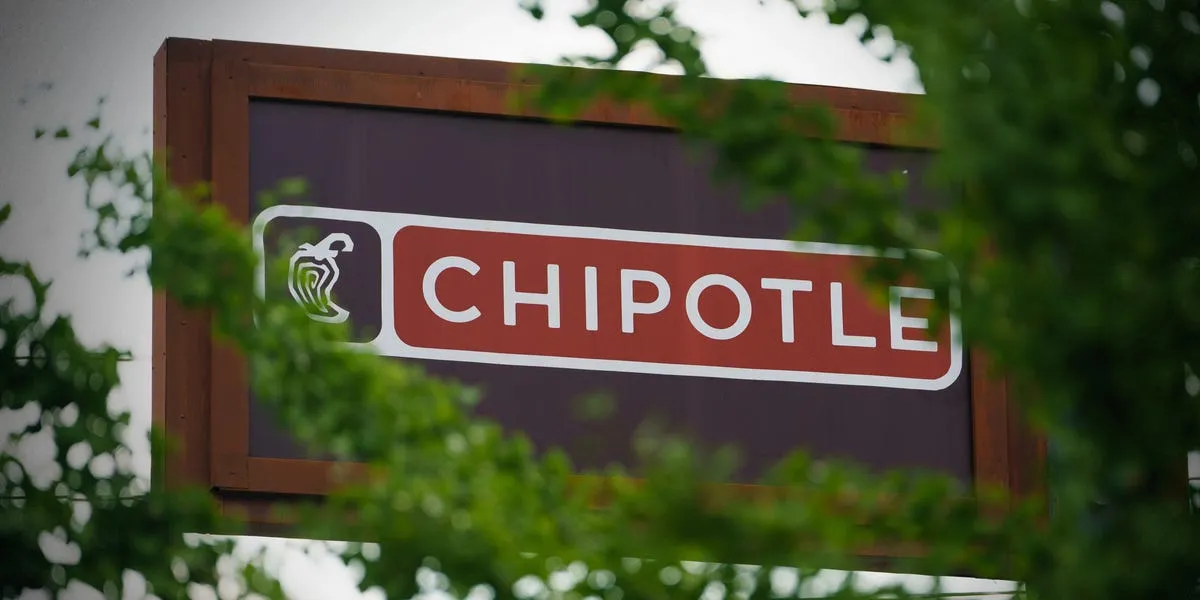
In 2017, Jacob Schneider, then just 16 years old, embarked on his professional journey at a Chipotle restaurant in Lawrence, Kansas. He recalls that it was a decent job for someone his age, offering pay above the minimum wage along with substantial training. "I learned how to do my job really fast," Schneider reflects. However, as time passed, he began to notice a significant decline in the quality of training and overall working conditions. Breaks became shorter, equipment frequently malfunctioned, and some essential appliances, like a cooler, remained inoperative for nearly a year. "A lot of corners were being cut over time," he laments. This deterioration impacted the morale of the staff; what once was a workplace where discussions rarely included leaving turned into a frequent lament about quitting.
Founded in 1993 by Steve Ells, a former sous chef at a renowned San Francisco restaurant, Chipotle quickly grew into a global fast-casual dining leader with over 3,700 locations. The company went public in 2006 and enjoyed a strong reputation until it faced a series of food-borne illness outbreaks starting in 2015. Schneider witnessed these changes firsthand as Chipotle seemed to make a sharp U-turn, transitioning from a celebrated workplace to one that felt more akin to traditional fast food.
In the wake of food safety issues, Ells resigned as CEO in 2018, paving the way for Brian Niccol, the former CEO of Taco Bell, who implemented efficiency-focused changes. Under Niccol's leadership, Chipotle's annual revenue soared from $4.9 billion in 2018 to an expected $11.3 billion by 2024. The company's stock price also experienced remarkable growth, from $6 per share to over $60 during his tenure. However, despite these financial successes, the company’s culture underwent significant changes, leaving many employees feeling undervalued.
Current and former employees have expressed that Chipotle, once a sought-after workplace, has succumbed to a fast-food mentality. Reports of declining training quality and employee dissatisfaction have surfaced across various locations. In 2022, Chipotle reached a historic $20 million settlement with New York City for over half a million violations related to scheduling and paid leave laws. Additionally, the company faced scrutiny for its treatment of employees, including a $2.9 million settlement in Seattle for failing to provide adequate pay for schedule changes.
A recent study from Glassdoor highlighted that Chipotle had the second-highest rate of employee burnout among more than 550 major employers in the U.S. Employees have voiced concerns about the changing nature of their roles, with many feeling that the training that once set Chipotle apart has diminished. Laurie Schalow, Chipotle's Chief Corporate Affairs Officer, stated, "Our employees are our greatest priority, and we are committed to providing a best-in-class work experience," yet many workers feel that this commitment is not being fulfilled.
Once characterized by exceptional training akin to that of culinary institutions, Chipotle's employee onboarding process has faced criticism. Employees have reported being put to work without adequate training or guidance. Brandi McNease, a former crew member, noted that new hires would often be left to figure out tasks without proper instruction, leading to a chaotic work environment. The rigorous training that originally fostered growth and development within the company has been replaced by a focus on efficiency and cost-cutting.
Employee scheduling at Chipotle has become increasingly problematic, with many workers receiving schedules with less than two weeks' notice. This precarious scheduling has exacerbated employee stress and dissatisfaction, especially when shifts were frequently changed or canceled. According to the Shift Project, Chipotle ranks poorly in comparison to other fast-food chains regarding employee scheduling practices.
As employee morale and training quality have waned, customers have also felt the impact. Reports of longer wait times and inconsistent food preparation have surfaced, with some customers complaining about portion sizes. In response to these allegations, Chipotle has reinforced its stance on consistent portion sizes, yet many employees feel pressure to cut costs, leading to dissatisfaction among both staff and customers.
In recent years, a growing number of Chipotle workers have sought to unionize in response to declining conditions. Employees have reported experiencing retaliation for their organizing efforts, including being subjected to anti-union rhetoric and unfair disciplinary actions. A group of workers in Michigan successfully formed a union, but overall, the push for unionization has faced significant challenges, including opposition from management.
Despite ongoing struggles within Chipotle, the company continues to expand, with plans to open over 300 new locations in the coming year. However, as employee turnover rates remain high and customer satisfaction wanes, the future of Chipotle's reputation as a premier fast-casual dining option hangs in the balance. Former employees, like Schneider, have moved on to new roles where they feel respected and valued, highlighting the need for Chipotle to reevaluate its approach to employee engagement and workplace culture.